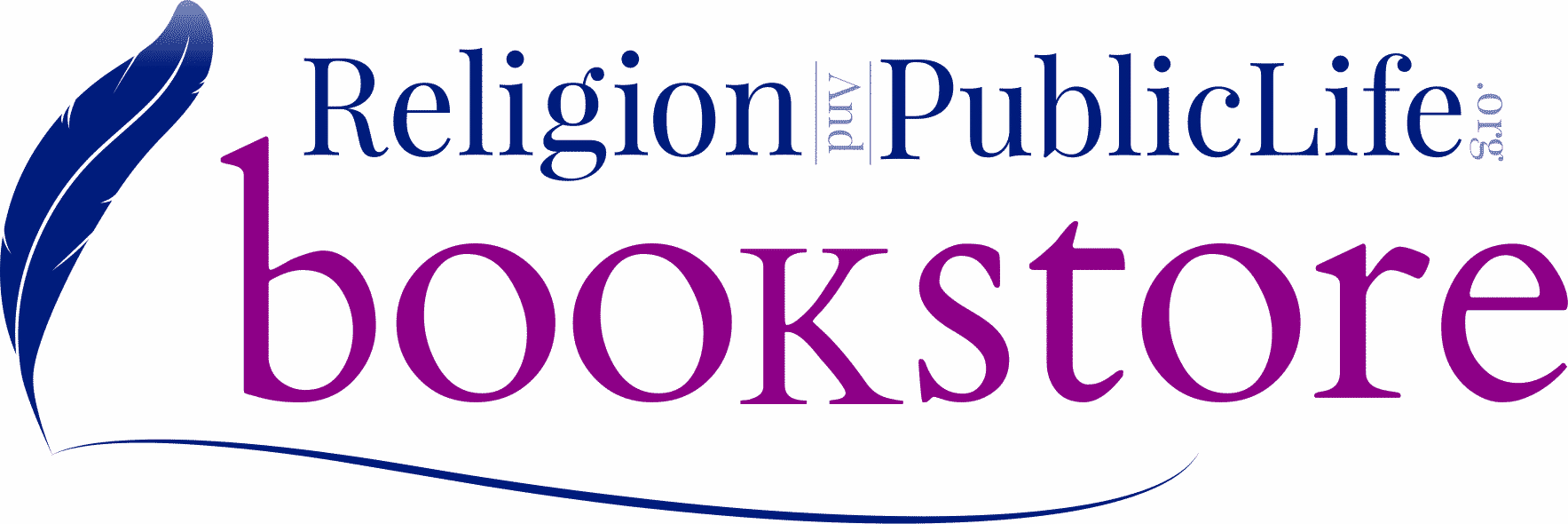Interfaith America is a non-profit organization that inspires, equips, and connects leaders and institutions to unlock the potential of America’s religious diversity.
Interfaith America’s Emerging Leaders Network inspires, equips, and connects members of our network and the institutions they serve. We equip our leaders to make an impact with grants and learning resources. We inspire by sharing stories of Emerging Leaders creating change in their communities. Finally, we connect our leaders with each other through convenings and fellowships.
Learning Outcomes
By the end of this course, members of the Emerging Leaders Network will be able to:
- Name the three components of interfaith leadership;
- Describe Interfaith America’s definition of “interfaith” and “interfaith cooperation”;
- Articulate their religious, spiritual, ethical, or philosophical identity and various influences on it;
- Differentiate bridged vs. bonded social capital;
- Define interfaith cooperation and name at least two civic goods that result from it;
- Recognize unique opportunities and challenges that come with living in a religiously diverse democracy, such as the United States; and
- Recognize how folks across society cast the vision of interfaith cooperation.


